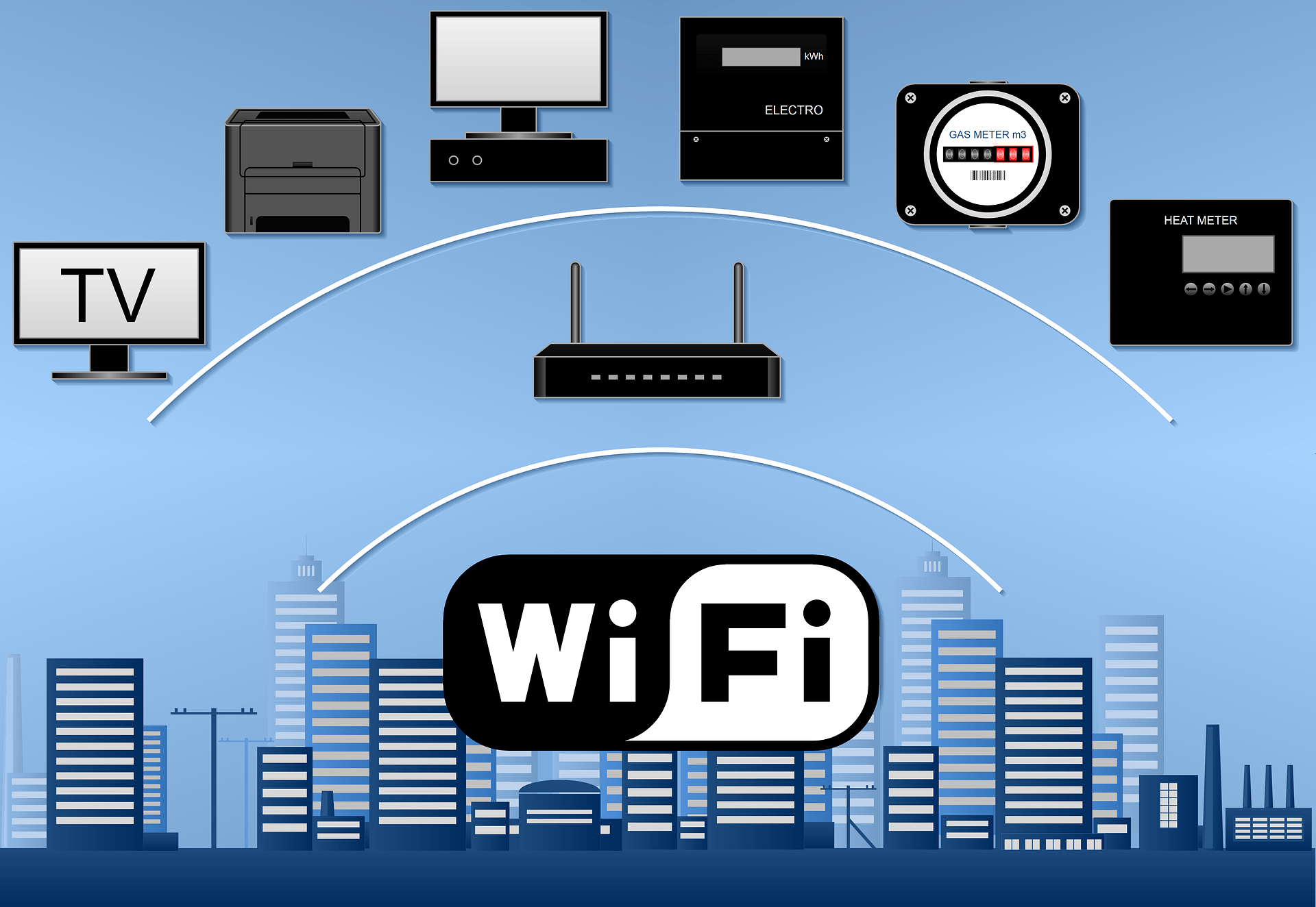It’s a common question: Is free Wi-Fi safe? The answer is yes, but it depends on who you ask. The short answer is that free Wi-Fi hotspots are not anonymous, but they don’t necessarily compromise your privacy. Free Wi-Fi users can be tracked by an attacker who has physical access to the network they’re connecting to. This means that if someone has wired access to a coffee shop or a library and intercepts your traffic, they can see what sites you’ve visited and where you’ve been on the web.

There are two ways to protect yourself from this type of snooping: use a virtual private network (VPN) and use HTTPS encryption when accessing public Wi-Fi hotspots. A VPN protects your connection by routing all traffic through its own encrypted tunnel, so even if an attacker captures some of your traffic on their own network, they won’t be able to tell what sites you’re visiting or what other devices you’re using. And HTTPS encrypts data in transit between your browser and website servers so that even if someone captures some of your traffic on their own network, they won’t be able to tell what sites you’re visiting or what other devices you’re using.
There is a lot of concern about the security of public Wi-Fi access. Many people worry that their data could be stolen or that they could be exposed to malware while they’re surfing. We’ve spoken to security experts to find out whether free Wi-Fi is safe, and we’ve concluded that it’s pretty safe (at least for the most part). The main reason for this is that most public Wi-Fi is encrypted, which means that no one can see what you’re doing without your permission.
However, there are some risks associated with using public Wi-Fi. For example, if you’re using a laptop in a coffee shop, other people may be able to see what websites you’re visiting and even steal your passwords from the keyboard. It’s important not to type anything on your computer if you don’t want others to see it! The internet is a big place, and it’s full of people who want to invade your privacy. You might be worried about your data being stolen or used for nefarious purposes. But in the vast majority of cases, free Wi-Fi is inherently safe. Free Wi-Fi hotspots are monitored by local authorities who can enforce laws against illegal activities.
The most common type of free Wi-Fi is open access, which means anyone can connect to the network without asking for permission. This can make it tempting for people to try out new services on a public network, but it also means you’re protected from hackers and other mischief makers who may want to use your computer for their own personal gain. You should always use a VPN when using public Wi-Fi because even open access networks have some level of protection against spying or hacking.
Here are some ways to protect yourself from these risks:
Use a virtual private network (VPN) with an encrypted connection. This will hide your browsing and other activities from anyone who might be watching what you’re doing and help ensure that your data isn’t intercepted by advertisers or other third parties.
Check the Wi-Fi network’s security settings. The default setting for many networks is to make them accessible to everyone, which means that any unencrypted traffic could be seen by anyone in range. If the network doesn’t require a password, consider changing it so only trusted devices can connect — otherwise anyone could access the network.
: